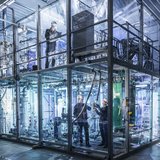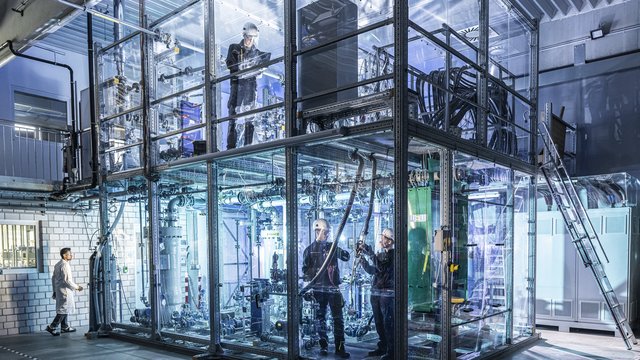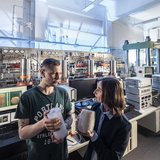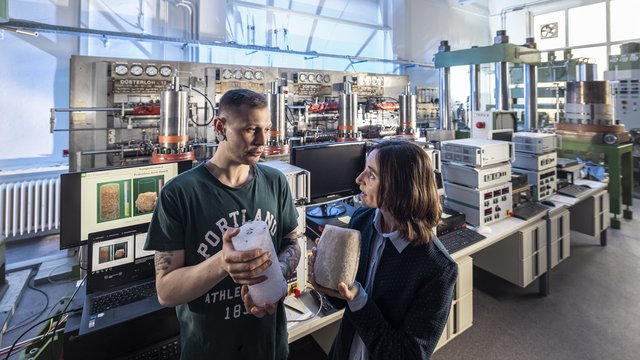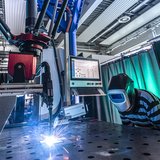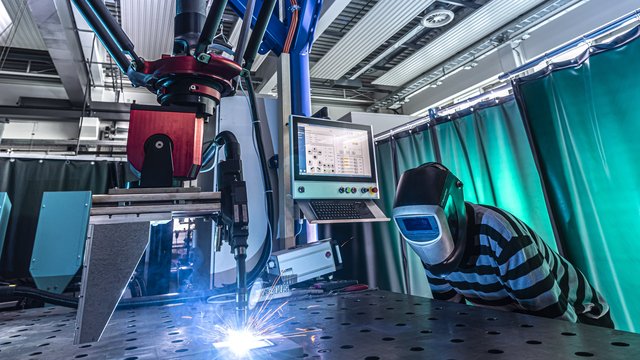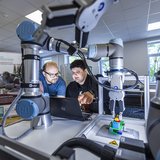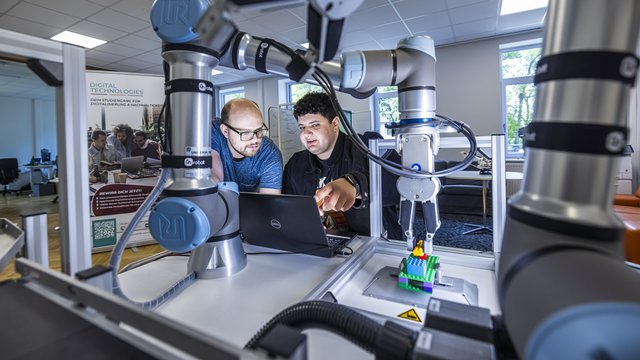Researchers at Clausthal University of Technology are working on technologies and methods for the sustainable management of the resources energy - material - information, following the concept of the circular economy. This includes both the extraction of raw materials from primary and secondary sources, the design of resource-conserving and recyclable materials and products as well as integrated issues of complex processes, short and long-term energy storage, CO2 cycle management or innovative concepts for business models. Digitalization is seen as an indispensable cross-cutting issue. Clausthal University of Technology provides outstanding and internationally recognized research in these topics of high social and scientific relevance.
Clausthal University of Technology's expertise is focused on four closely interlinked fields of research:
Outstanding projects, strategic research collaborations, research centers
Particularly noteworthy research collaborations and projects at Clausthal University of Technology often work on an interdisciplinary basis with external partners from science and industry. The research objectives are generally defined for the long term and are set within a broader research framework than individual and joint projects with a more clearly defined time and target horizon. This includes our memberships in research networks and research associations as well as participation in special research areas and research groups or in graduate and doctoral colleges. The Clausthal Research Centers, which coordinate and carry out interdisciplinary research projects internally, also play a special role.
